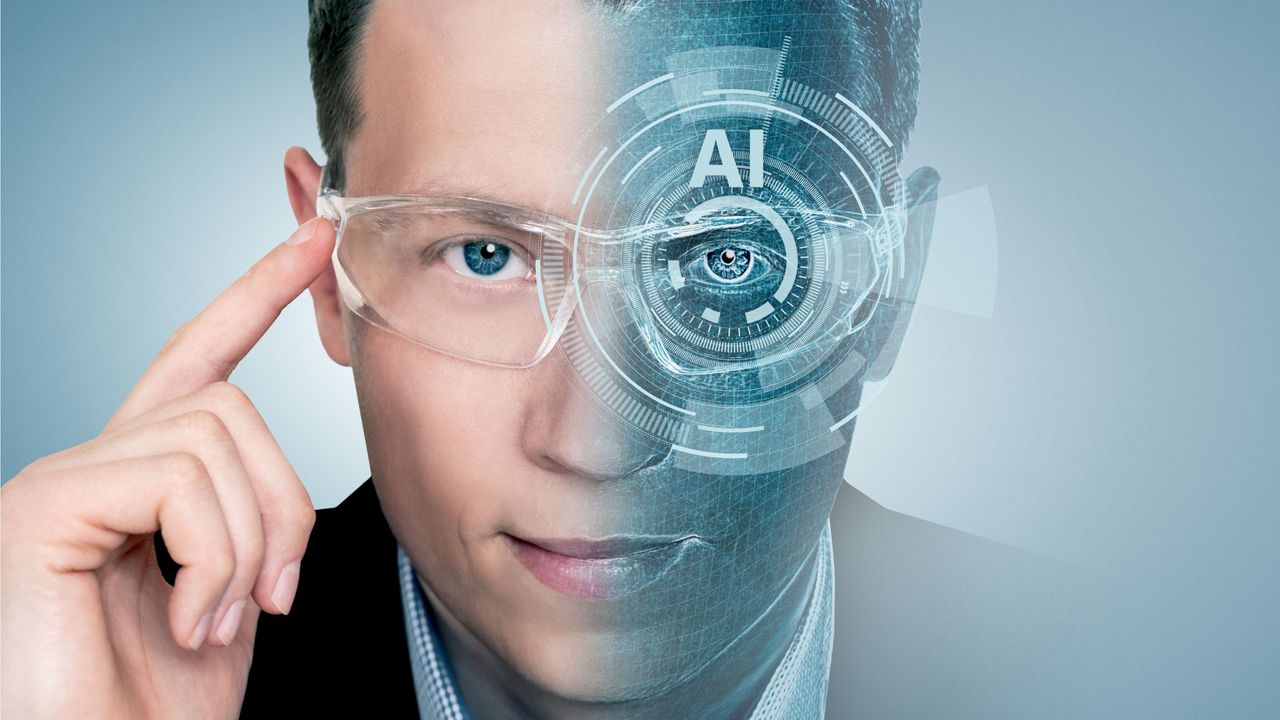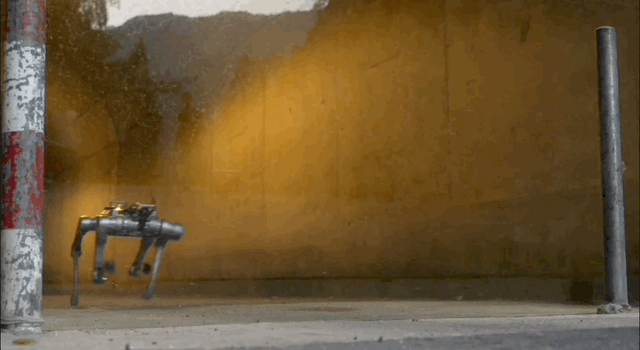
Many industries continue to navigate the complexities of hybrid work and shifting workforce dynamics driven by necessary digital transformations. However, there is one critical issue quietly challenging and reshaping the field services industry in particular. Field service professionals serve as the unsung heroes of modern IT infrastructure. They keep the lights on, the networks connected and the systems running. But behind the scenes, a demographic shift threatens to disrupt these operations.
Veteran technicians, who have spent their careers mastering the nuances of complex systems, are exiting the workforce in large numbers, and there is no clear plan for passing on their knowledge. To make matters worse, younger generations are not joining the industry at the rate needed to replace retiring workers. What’s left is a widening skills gap that threatens to slow operations, increase costs and compromise service quality.
VP of End User Experience, Digital Workplace Services, Unisys.
The Retirement Wave Is Real — and Risky
Baby Boomers make up a significant portion of the field service workforce, and their retirement creates more than a staffing issue — it’s a knowledge crisis. These professionals hold a wealth of practical, hands-on insights, including how to troubleshoot legacy equipment, navigate customer preferences and solve problems that aren’t covered in manuals.
To make matters worse, a recent survey from Service Council found that nearly half of field service engineers do not anticipate having a life-long career in the field. Of those engineers looking to leave, half expect to do so in the next three years, which would mean the loss of invaluable institutional knowledge.
The potential consequences will be far-reaching for organizations across all industries, with longer resolution times, higher error rates and diminished customer experience. And while companies will hire new talent, it won’t be enough to truly fill the knowledge gap.
Replacing Workers Isn’t Replacing Wisdom — AI Can Help
New technicians, no matter how well-trained, need time to build the kind of intuition that comes with experience. Research shows that 70% of skill development happens through hands-on work, while just 10% is a result of formal training. Without structured systems to capture and transfer knowledge, organizations risk leaving new hires to learn through trial and error — a costly and inefficient approach in today’s fast-paced environment.
However, emergent technologies, such as AI, offer a promising path forward. Rather than replacing human expertise, AI can supplement it and accelerate training by providing real-time support, predictive insights and guided troubleshooting to technicians in the field. These systems can analyze equipment data, flag anomalies and suggest next steps, helping less experienced workers make informed decisions quickly.
Advanced AI tools go even further, integrating telemetry, service logs, vendor documentation and industry best practices into a single, intelligent interface. The result is a personal digital assistant that is always available, up-to-date and ready to help. This type of support is invaluable to a newcomer in a fast-paced industry with high customer expectations.
Digital Twins: a Living Library of Expertise
Across industries, employees report difficulty accessing the information they need to do their jobs effectively, with only 12-16% of employees saying the critical information they receive from leaders is helping them do their jobs well. This is a critical issue, as it shows that traditional knowledge management tools that previously worked are falling short because they’re either fragmented, outdated or otherwise ineffective in breaking down silos.
Digital twins offer a dynamic solution. Serving as virtual replicas of physical assets and systems, these AI-powered models transmit real-time data to virtual environments. This allows new technicians, who may lack critical knowledge, to simulate scenarios, monitor performance and optimize maintenance strategies. In practice, this means that new technicians will have the opportunity to learn and practice their skills in a controlled environment.
But digital twins are not only advantageous for new technicians. All employees in the field service industry, regardless of employee experience, can benefit from digital twins, as they serve as an intuitive, on-demand source of expert guidance. They reduce learning curves and ensure that critical knowledge is preserved and accessible — regardless of who’s on the job.
The Time to Act Is Now
The field service industry is at a turning point. Organizations that invest in AI and knowledge-preserving technologies today will be better equipped to navigate tomorrow’s challenges. By proactively addressing the knowledge gap, companies can maintain operational excellence, safeguard institutional knowledge and build a more resilient, future-ready workforce.
Now is the time to bridge the gap and lead the next era of field services confidently, properly equipped with the latest cutting-edge technology.
We’ve listed the best COBOL online courses.
This article was produced as part of TechRadarPro’s Expert Insights channel where we feature the best and brightest minds in the technology industry today. The views expressed here are those of the author and are not necessarily those of TechRadarPro or Future plc. If you are interested in contributing find out more here: https://www.techradar.com/news/submit-your-story-to-techradar-pro





